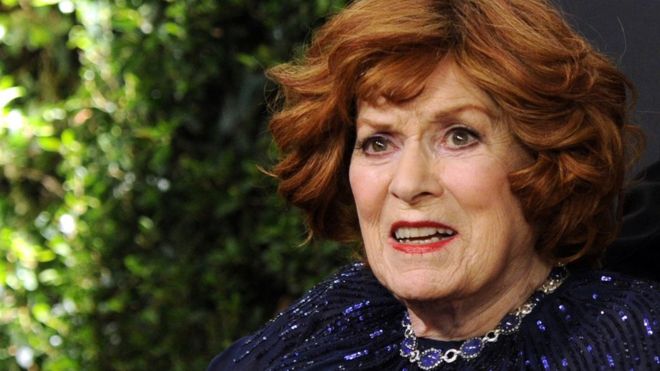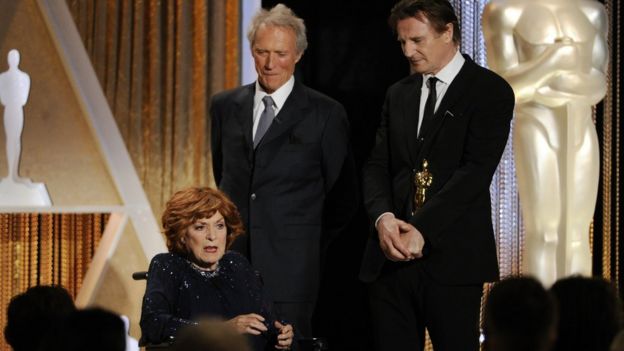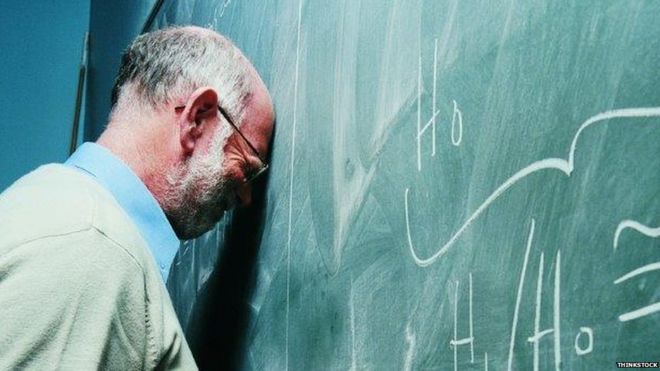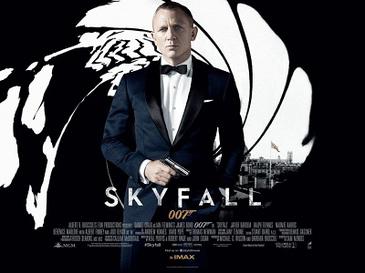
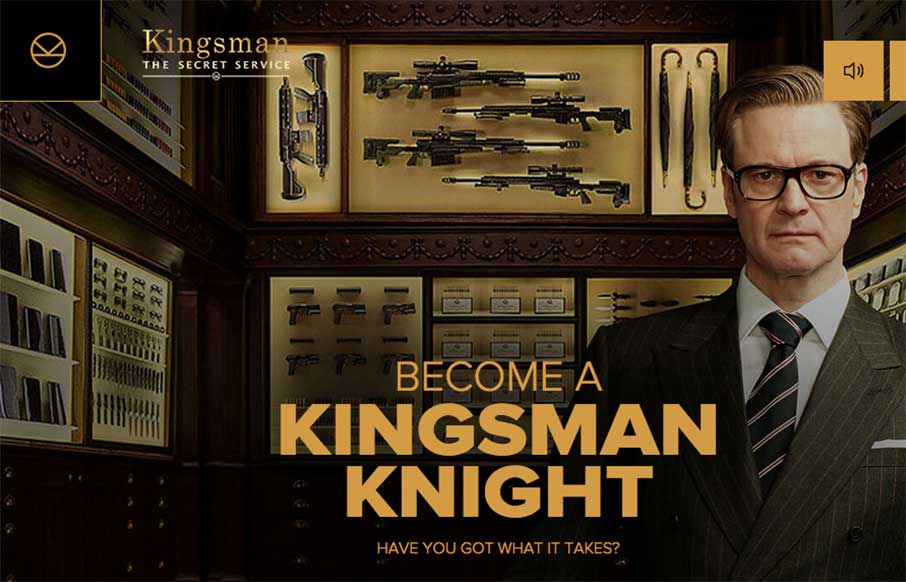
In this analysis, I am going to
be comparing the two films: Kingsman and Skyfall, focusing particularly on
genre, narrative and representation. Kingsman was directed by Matthew Vaughn
and he also wrote the screenplay along with Jane Goldman which was based upon a
comic book by Mark Millar and Dave Gibbons. It was produced in 2014 by Matthew
Vaughn, Adam Bohling and David Reid with 20th Century Fox (also the
distributer). Skyfall, on the other hand, was directed by Sam Mendes and
written by Neal Purvis, Robert Wade and John Logan. It was produced in 2012 by
Barbara Broccoli and Michael G. Wilson with Eon Productions, with the
distributer being MGM. Both films were of a high budget: Kingsman was $81
million and Skyfall was much higher at $200 million. Regarding their box
offices, Skyfall became the highest grossing film in the UK as well as the
highest grossing film worldwide for MGM and Sony Pictures after it made an
incredible $1, 108 million. Kingsman also did very well, grossing an overall
total of $412.1 million which made it Matthew Vaughn’s most commercially successful
film. I believe Skyfall did better in the box office than Kingsman because the
James Bond films have been a running series since 1962 (Dr. No) so it has
developed a wide audience base since then who will keep coming back to watch
the newest Bond movie as they know what to expect. Also Kingsman was released
at the same time as Fifty Shades of Grey which may have stolen some of its
limelight due to its strong controversy.
Both films have a different cast
with Kingsman starring: Colin Firth (Harry), Taron Egerton (Eggsy), Samuel L.
Jackson (Valentine) and Sofia Boutella (Gazelle) and Skyfall starring: Daniel
Craig (James Bond), Judi Dench (M), Javier Bardem (Silva) and Ralph Fiennes
(Gareth). They share the genres of action, adventure and crime because they
both follow a spy-agency, resulting in the usual conventions such as missions,
murders, ‘saving the world’ and of course, both protagonists have a goal. The
goal of Eggsy is to become a Kingsman by competing in a series of tests against
the other recruits and to help prevent the antagonist, Valentine from
destroying the world with his newly invented sim card. Similar to Eggsy, Bond’s
goal is to defeat the antagonist, Silva and therefore save his agency, M16. As
the Bond films have been running since 1962, the audiences are likely to have
expectations regarding the elements that make up Skyfall, therefore suggesting
that the series has established its own genre. For example, the opening scene
of Skyfall and other Bond films jumps straight into intense action, clearly
illustrating its genre and immediately sparking the audiences interest, meaning
they are gripped within seconds. Kingsman also did exceptionally well with
their opening and it transported the audience straight into the action genre, giving
them an insight into what to expect for the remainder of the film and I feel a
strong opening scene is particularly important for these genres because the
audience have expectations for a fast paced, action-packed experience so want
their interest to be gained immediately.

Within these genres, there are
additionally expected plot situations such as chase and fight sequences which
are seen in both of these films, however executed in slightly different ways.
Skyfall takes a more traditional approach with explosions, fast paced editing
and rapid cuts which makes the audience feel as if they are a part of the
action and although Kingsman also includes these elements, it has the added
genre of comedy which provides a sense of humour to some of the fight scenes.
An example of this is the church scene because although the characters have
been turned ‘evil’ by Valentine, there is upbeat music playing in the background
which would usually be used to create a positive atmosphere so therefore it is
being juxtaposed with the violence in the scene. Audio codes are key in action
films and Bond movies are known for their recognisable sound tracks and unique
theme tunes and of course, Skyfall has incorporated this into their ‘plot
situations’. For example, the fight scene between James Bond and Patrice that
takes place at Shanghai incorporates a build-up of dramatic, non-diegetic music
that creates tension and the low key lighting results in Bond and Patrice being
silhouettes against the city lights, showing their fight in a sophisticated
manner and for both Skyfall and Kingsman, the action sequences are ‘stylised
and professional’.
Both Skyfall and Kingsman follow
a linear narrative structure but with multiple strands within it, which is
known as a flexi-narrative. In Skyfall, the narrative strands include Bonds
goal to defeat Silva, Bonds struggle to cope with his ageing and vulnerability
and the threats towards M and the pressure this is causing her and all of these
intertwine with the as so mentioned plot situations to create a more
challenging narrative. The different strands in Kingsman are: Eggsy training to
become a gentleman spy, the problems caused by the invention of Valentines new
sim card and family issues regarding Eggsy’s mum and step-dad. These all
combine together to increase the complexity of the narrative which furthermore
challenges the audience and keeps them watching.
Todorov’s theory fits in with the
narrative of Kingsman and Skyfall but again, it is more complex and there is
more than one disruption/realisation in each. I am going to break each of them
down in a list format.
Skyfall
Equilibrium: Action sequence at the beginning of the film because it
is expected of this genre.
Disruption: The ‘death’ of Bond.
Disruption 2: When Silva hacks M16’s system and steals the details
of all the undercover agents.
Realisation: Bond returns to active service to eliminate Silva.
Realisation 2: Final action sequence that takes place at Skyfall,
it is the big climax to the whole narrative.
New Equilibrium: The end scene leaves the audience with enigma
codes regarding Bonds new mission, he is back to active service again.
Kingsman
Equilibrium: Eggsy lives at home with his mother and step-father.
Stealing the car (this is his normal lifestyle).
Disruption: Eggsy gets sent to prison but then gets freed by Harry.
Realisation: The pub scene, Eggsy realises what he is getting
himself into.
Disruption 2: Valentines invention of the sim card in which he is
set to destroy the world.
Disruption 3: Eggsy does not make it as a Kingsman.
Realisation 2: Eggsy discovers the gun he would have used to shoot
his dog was a blank.
Disruption 4: Harry dies.
Realisation 3: Eggsy helps to save the world by eliminating
Valentine.
New Equilibrium: All the antagonists have been destroyed and Eggsy
celebrates with a girl he met.

The most immediate comparisons I
have made between Kingsman and Skyfall revolve around representation and there
is a huge variety of different portrayals but I am going to discuss
masculinity, age and class. Masculinity and what it is to be seen by a society
as a ‘true man’ is huge in both of these films as they are both a ‘test’ of the
protagonist’s masculinity and it is believed that they have to fit into the
stereotype of being: strong, heroic, brave, independent and popular with women.
In Kingsman, Eggsy has to undergo a series of tests which examine him on most
of these qualities, meaning in order to be a true Kingsman, he has to tick the
boxes of masculinity. However saying this, the representation of the ideal man
is definitely challenged in the film because Harry encourages Eggsy to be
respectful, protective and fair towards women and near the beginning of the
film, we also find out that Eggsy used to be a gymnast to which he was forced
to quit by his step-father as he did not see the sport as ‘manly’, showing
their juxtaposed opinions on masculinity and gender roles. Also, Eggsy’s
masculinity is challenged when he could not shoot his dog to reach the next
stage of becoming a Kingsman and this event was foreshadowed at the beginning
of the film when he swerves and crashes a car to avoid hitting an animal on the
road, showing him to have a strong heart. Similarly, Skyfall also challenges
this subject matter because although at the start of the narrative, Bond
survives what could have been an awful death, gambles, drinks and sleeps with
women which are stereotypical ‘masculine’ traits, as the narrative progresses
we as an audience can see a transformation in Bond who has become physically
weaker, shown through his tests in which he is unable to shoot accurately and
struggles with his stamina, highlighting his vulnerability. Throughout the film,
Bond is trying to prove himself as a man and overcome the barriers that are
preventing this but we are constantly seeing him struggle meaning the audience
cannot help but emphasise with him.

Kingsman focuses on the
representation of youth whereas Skyfall more so focuses on the representation
of older age. At the beginning of Kingsman, youth is represented negatively
because we see Eggsy and his friends steal a rival gang’s car and they get into
a car chase with the police, resulting in Eggsy ending up in prison. This
represents young people, specifically males, as being ruthless, careless,
violent and as ‘troublemakers’ which is enhanced by the iconography at the
beginning which includes an estate and ‘chav’ like clothing. However, as the
narrative progresses and the audience see Eggsy slowly transform into a
gentleman, our views on his youth change and he is now respected and looked
upon in a positive manner. It is awful that in order for Eggsy to be seen as a
good figure in society, he had to wear a suit and act like a ‘real man’ because
it illustrates the harsh stereotypes forced upon youths. Skyfall represents
older age in both a positive and negative manner. It is represented positively
within the character of ‘M’ who is an older woman with a significant amount of
power in the government and therefore has the ability to be in control.
However, the negative impacts of ageing are strongly highlighted in Skyfall
because M is at times portrayed as vulnerable due to her age and I believe that
throughout the film, this is foreshadowing (spoiler alert) her death at the
end. Bond’s older age is a big focus in the narrative and there are many close
ups of him that express his exhaustion and vulnerability and this along with
the fact he failed his tests and was told he can “stay dead” conveys he is no
longer fit for the job, representing people of an older age as weak and almost
‘useless’.

Our dominant ideology (straight,
white, middle-aged, middle-class males) plays a huge role in the representation
of class and it also explains why our main protagonists in both Kingsman and
Skyfall fit into most of these categories, because the producers are members of
our dominant ideology and have designed characters that mirror themselves,
making them more “relatable”. Skyfall only represents those of the middle/upper
class, portraying them to be the superior beings and it suggests that in order
to have a significant amount of power, you have to dress, act and be brought up
in the same environment as the characters in this film. However, in Kingsman,
Eggsy comes from a working class background and he proves that you do not have
to be higher class in order to become a Kingsman and this is reinforced by
Harry who tells him that being a gentleman spy is not about your class, accent,
clothing choice etc. but in fact, is about being “comfortable in your own
skin”. This provides a much more realistic representation for the audience who
will now be able to relate to Eggy to a greater extent because negative
classism is not being forced upon them like it is in Skyfall.
In conclusion, there are many
similarities and differences between Kingsman and Skyfall regarding genre,
narrative and representation and I feel there is a lot to discuss in each
meaning they are both rich media texts. Due to its comedic side, I preferred
Kingsman and I also found it more ‘refreshing’ compared to other spy films I
have seen. Overall, they are both excellent films and I would rate Kingsman
9.5/10 and Skyfall 7/10.
